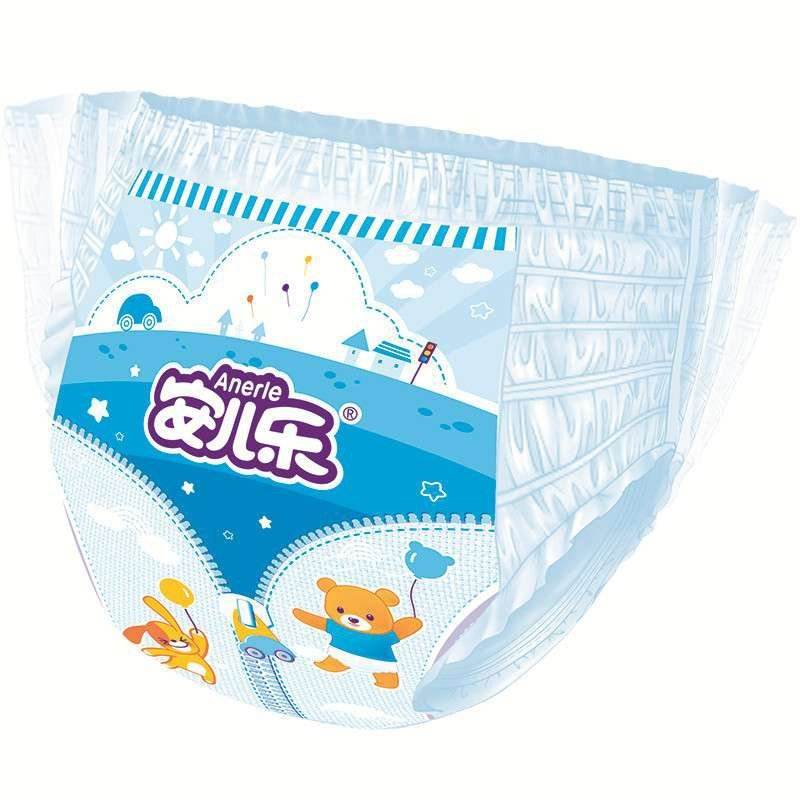Diapers, as an indispensable product in modern parenting, have their quality and safety concerns highly prioritized. Beyond functional practicality, diapers adorned with exquisite patterns are even more favored by consumers. These patterns not only enhance the visual appeal of the product but also bring a delightful experience psychologically. So, how are the patterns on diapers printed? The answer lies in the use of water-based ink for printing.
Overview of Water-Based Ink
Water-based ink, or simply water ink, is composed of water-soluble resin, organic pigments, solvents, and related additives through composite grinding and processing. It primarily consists of water-based polymer emulsions, organic pigments, resins, surfactants, and related additives, formulated through chemical processes and physical mixing. Water-based ink boasts low viscosity and excellent fluidity, coupled with superior environmental performance. By replacing 30% to 70% of toxic organic solvents in traditional inks with water, it poses no adverse health effects on workers during the printing process, causes no pollution to the atmosphere, and eliminates the risk of flammability and explosion in the workplace.
Applicability for Printing Patterns on Diapers
Diapers are typically made of materials such as plastic films (e.g., low-density polyethylene or LDPE) and non-woven fabrics, which exhibit tear resistance and surface waterproofness. In the printing process, special attention is required for the selection of printing equipment and ink to ensure effective pigment adhesion. Water-based ink, with its environmental friendliness, non-toxicity, odorlessness, and skin-friendly properties, emerges as the ideal choice for printing patterns on diapers.
Flexographic printing, a common printing method used in various industries including food packaging, transfers fast-drying ink from a flexible plate (called a flexo plate) to the desired substrate. Water-based ink, due to its good fluidity and drying properties, is well-suited for flexographic printing.

Advantages of Water-Based Ink in Diaper Printing
Environmental Performance: Water-based ink is non-toxic, odorless, and skin-friendly, complying with environmental regulations and posing no potential harm to consumer health and the environment.
Strong Adhesion: Water-based ink exhibits excellent adhesion on diaper materials, preventing easy detachment or fading.
Vivid Colors: Water-based ink boasts bright colors and strong color development, capable of producing clear and vivid pattern effects.
Good Abrasion Resistance: Patterns printed with water-based ink have good abrasion resistance, withstanding friction and wear during daily use.
Cost-Effectiveness: Compared to solvent-based inks, water-based ink offers lower usage costs, contributing to reduced production costs.
Precautions During the Printing Process
When printing patterns on diapers, the following points need attention:
Tension Control: Set correct tension values before, during, and after the printing process stage according to specific substrates and production process stages to ensure the accuracy and clarity of printed patterns.
Stability of Printing Machine Structure: Maintain precise balance among all mechanical and electronic components of the equipment to ensure stable printing quality.
Ink Drying: During the ink drying stage, set appropriate air temperatures to avoid damaging the printed substrate under tension and achieve desired results.
Conclusion
In summary, water-based ink is the ideal choice for printing patterns on diapers. It not only offers excellent environmental performance, strong adhesion, vivid colors, good abrasion resistance, and cost-effectiveness but also helps reduce production costs. During the printing process, attention should be paid to tension control, stability of the printing machine structure, and ink drying to ensure the stability of printing quality and clarity of patterns. With the increasing awareness of environmental protection and continuous technological advancements, the application prospects of water-based ink in diaper pattern printing will be even broader.